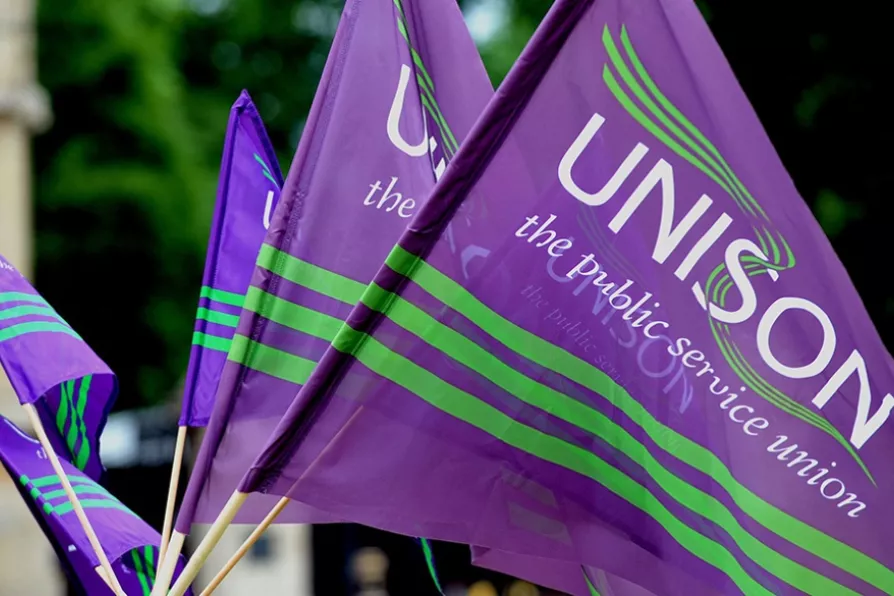

FUNDING cuts have led to the closure of more than two-thirds of council-run youth centres in England and Wales since 2010, Unison research has found.
The loss of 1,243 facilities and the specialist workers who run them is creating a “lost generation” of young people, the union said, with teenagers left at greater risk of isolation, being swept into gang and knife culture, or taking part in anti-social activities on the streets as a result.
The data revealed more than four in 10 councils in England and Wales no longer operated their own youth centres by the end of 2023, with just 581 centres still in operation at the end of March last year.
The figures, compiled through freedom of information (FoI) requests, were released ahead of Unison’s annual local government conference which begins tomorrow in Brighton.
Unison head of local government Mike Short said: “Put simply, austerity doesn’t work. Years of cuts have hit communities hard and left vulnerable youngsters high and dry.
“In the past, youth centres were able to help keep teenagers on the right path, providing guidance and advice to youngsters who perhaps weren’t getting any support at home. They’re also places to develop new skills and passions.
“But when youth services are axed, there’s nothing positive to fill that space, allowing criminal elements to move in and exploit naive young people.
“Councils and the youth workers they employ can do a lot of good for local communities and help keep the streets safer too. But only if they are given the funding to do so.
“Sadly a decade and more of austerity has undone much of the previous good work and created a lost generation of youngsters.”


















